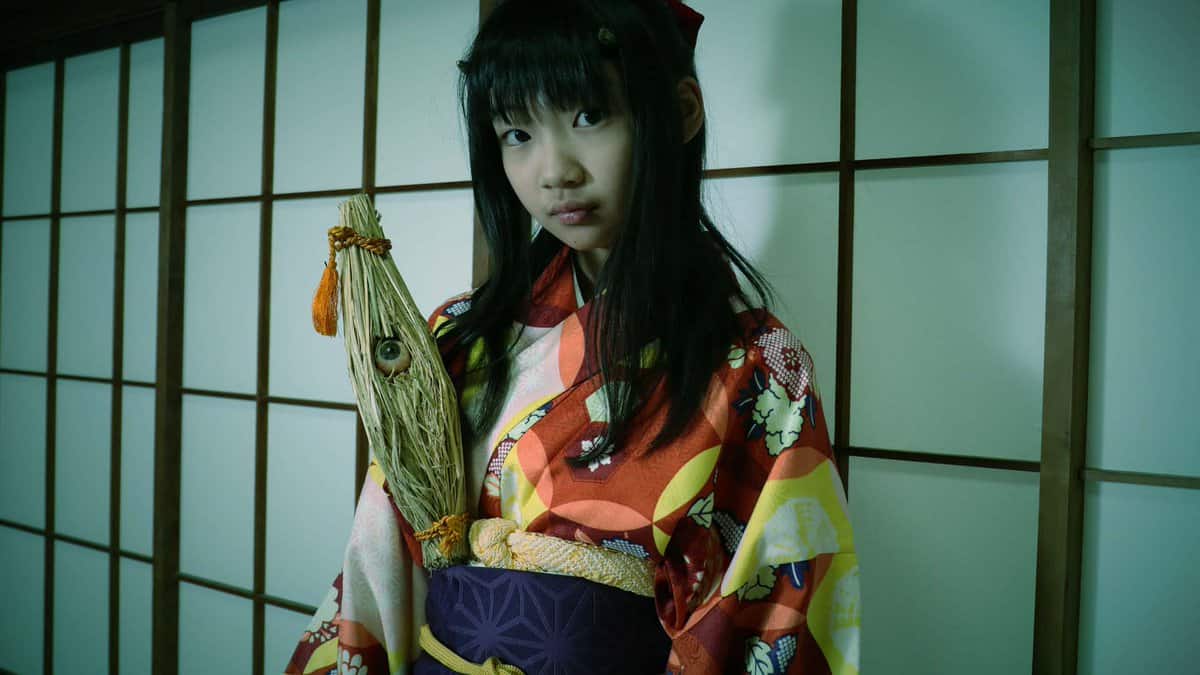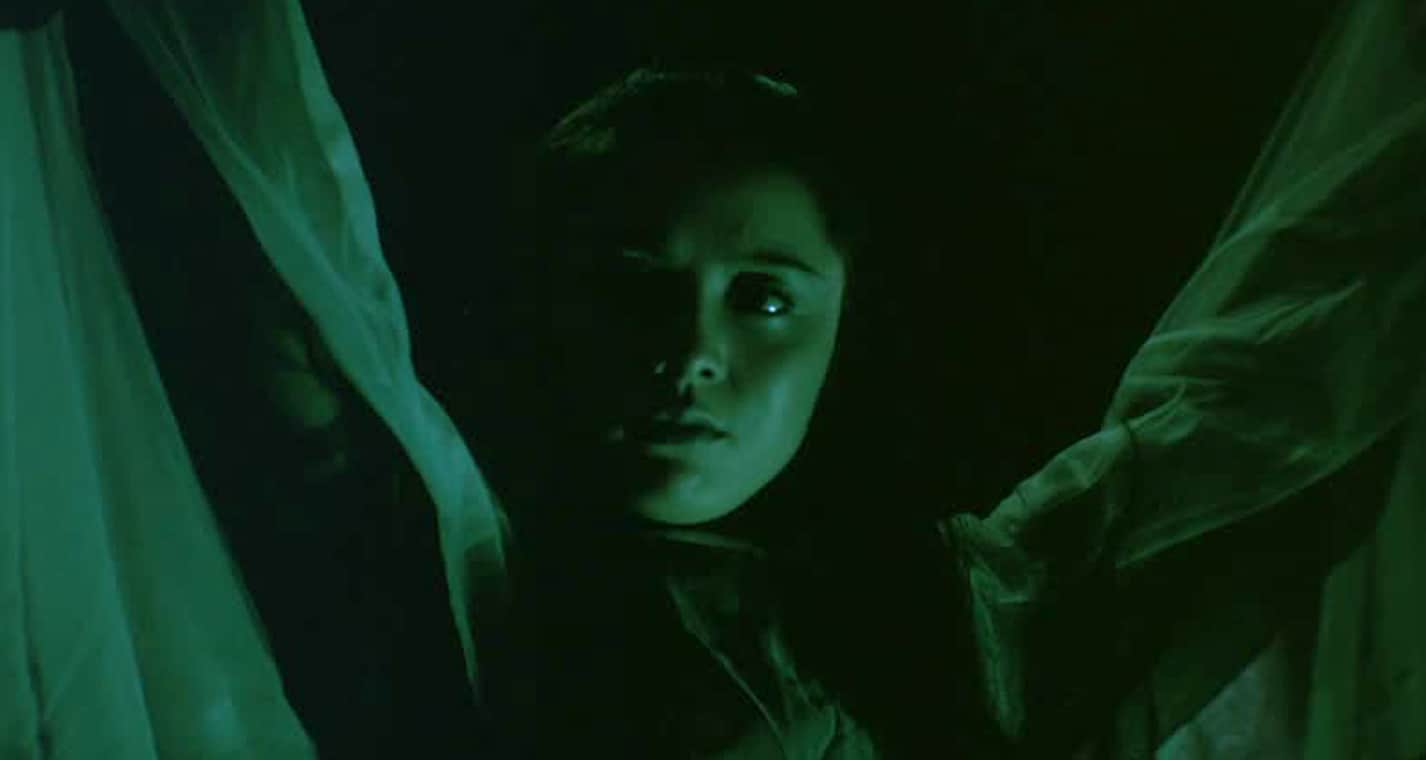Based on his own, autobiographical novel “Chibusa ni Ka”, Shin Adachi's “A Beloved Wife” is an amalgam of genres that paints a rather realistic portrait of modern relationships, although somewhat exaggerated for comedic reasons.
“A Beloved Wife” is screening at Udine Far East Film Festival 2020

Gota, much like Adachi after the success of “100 Yen Love” is a script-writer that had a success in the past, but now does not seem to get any break. An adaptation of a book he has written has not been picked up for years, and no new scripts come his way. This failure of his has put a rather significant toll on his wife, Chika, who is the sole earner of their household. Chika is rather frustrated due to his inability to earn and does not lose any chance to grind him about the fact, with her nagging being almost constant, to the frustration of their little daughter, Aki. At the same time, Gota still has sexual urges for his wife (not only, but he cannot afford to pay for sex) but gets repeatedly turned down, despite his constant, but rather clumsy efforts. One day, Gota is offered a script-writing job that requires him to travel to Kagawa Prefecture, and he manages to convince Chika to travel with him along with their daughter, and to pay for the trip of course. Gota thinks travelling will help in rejuvenating their relationship (and finally have some sex) but things start going wrong from the beginning, and Chika's resolve to spend as little money as possible, her drinking and her constant whining, make things even worse.
Shin Adachi bases his film in the rather too familiar concept of couples that end up getting married and having children without thinking things through too much, a recipe that usually ends up in pretty bad situations, particularly when financial issues come knocking at the door. Sex is usually one of the first victims of such situations, as love, caring and spontaneity give their place to excessive familiarity and the lack of time allows for very little romance. Both protagonists are victims of such a situation, but at the same time, are by no means without fault for what is happening to them.
In that fashion, Gota is irresponsible, self-centred and kind of a creep, especially when it comes to sex, and Chika is constantly whining, pinning him down and picking fights in front of their daughter, while her drinking does not help, most of the time. The fact that the movie industry does not give him a break and that she has to be responsible for all of the house's “logistics” provide some justification for their attitudes, but what is proven repeatedly is that this is a couple with very little love between them, who stay together, just because they have a child. Furthermore, the toll their attitude takes on Aki is quite obvious, since he loses no time in neglecting her and she does not seem to care of how bad she feels every time they fight.
Somewhere here, however, is where the biggest trait of the movie lies, since the direction and writing of Adachi and the acting of Gaku Hamada as Gota and Asami Mizukawa as Chika manage to make two rather unlikable characters likable, and to offer much comedy and amusement to a story that could easily be a melodrama. The fact that the viewer does not detest but neither feels sorry for both of them is a trait on its own, with the combination of all the above also being majorly assisted by the rather mature and measured performance of Chise Niitsu as Aki.
Furthermore, Adachi makes another, rather interesting comment, which seems to state that understanding, apologizing occasionally and in general being kind to your significant other can work wonders for a relationship, not though, when financial issues and in essence, reality, comes knocking at the door.
The rest of the narrative style is defined by a combination of road-movie, drama disguised as comedy and this sense of quirkiness that is so familiar on Japanese movies. Masami Inomoto's cinematography portrays this mixture with a sense of realism and accuracy, without any kind of exaltation, while Yazuyuki Ozeki's editing embeds the movie with a leisure pace that suits its aesthetics quite nicely. At the same time though, the repetitive nature of the narrative and the fact that duration touches the border of the two hours make the film a bit tiring at times, as the fact that some trimming would definitely go a long way becomes rather obvious after a fashion. The rather unexpected and utterly fitting finale compensates for this issue significantly, however.
Driven by an excellent direction, two amusing performances and the concept of using comedy to speak about very serious topics, “A Beloved Wife” ends up as a rather entertaining movie that will definitely satisfy viewers that are equipped with a bit of patience.















